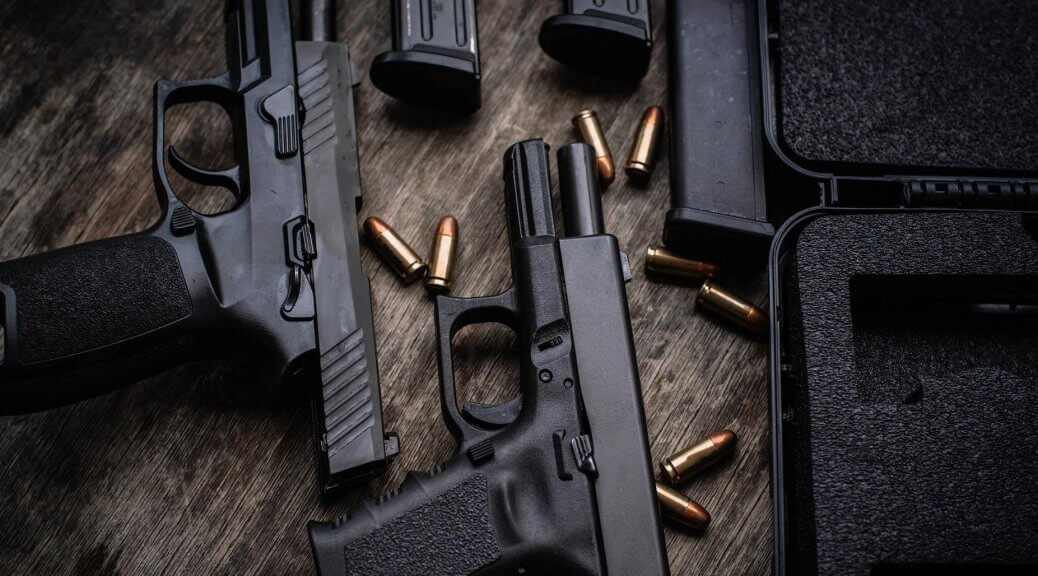Criminal background checks have become an integral part of various processes, from employment screening to tenant verification. Understanding the intricacies of these checks is essential for both employers and individuals alike. In this article, we delve into the world of criminal background checks, shedding light on their purpose, process, and the impact they have on decision-making.
The Purpose of Criminal Background Checks: A Comprehensive Overview
Criminal background checks serve as a tool to assess an individual’s criminal history and make informed decisions about their suitability for certain roles or responsibilities. Employers, landlords, and even individuals may conduct these checks to ensure safety, security, and compliance with legal requirements.
Components of a Criminal Background Check: Unveiling the Layers
Criminal background checks typically include various components such as national and local criminal databases, sex offender registries, and county courthouse records. The depth of the check depends on the specific requirements and regulations governing the situation.
Employment Screening: Balancing Opportunity and Security
Employers often conduct criminal background checks as part of the hiring process to evaluate potential risks and maintain a safe workplace. Striking the right balance between giving individuals a fair chance and ensuring the safety of the work environment is crucial.
Tenant Verification: Creating Secure Living Spaces
For landlords and property managers, criminal background checks are a means to assess the risk associated with potential tenants. This helps create a secure living environment for everyone in the community while adhering to legal and fair housing requirements.
Legal Considerations: Navigating Compliance and Fairness
It’s vital for organizations and individuals to conduct criminal background checks in compliance with applicable laws such as the Fair Credit Reporting Act (FCRA) in the United States. Adhering to these regulations ensures fairness and protects individuals’ rights during the screening process.
Individual Rights and Responsibilities: Know Your Role
Individuals subject to criminal background checks have rights, including the right to be informed and the right to dispute inaccuracies. It’s crucial for individuals to be aware of their rights and responsibilities in the process, promoting transparency and fairness.
Overcoming Stigmas: Rehabilitation and Second Chances
One challenge associated with criminal background checks is the potential perpetuation of stigmas. Acknowledging the potential for rehabilitation and providing individuals with a second chance is a societal consideration that intersects with the ethical use of criminal history information.
Emerging Technologies: Trends in Background Screening
Advancements in technology continue to influence the landscape of background screening. Automated systems, artificial intelligence, and machine learning are increasingly used to enhance the efficiency and accuracy of criminal background checks.
International Considerations: Navigating Global Hiring Challenges
For companies operating on a global scale, navigating international hiring challenges involves understanding and adhering to the different legal and cultural aspects of conducting criminal background checks across borders.
Conclusion: Striking a Balance for Informed Decision-Making
Criminal background checks play a vital role in various aspects of life, from employment to housing. Striking a balance between ensuring safety and providing individuals with fair opportunities is essential. As technology evolves and societal perspectives shift, the landscape of criminal background checks will continue to transform, requiring continuous awareness, compliance, and ethical considerations for everyone involved.





